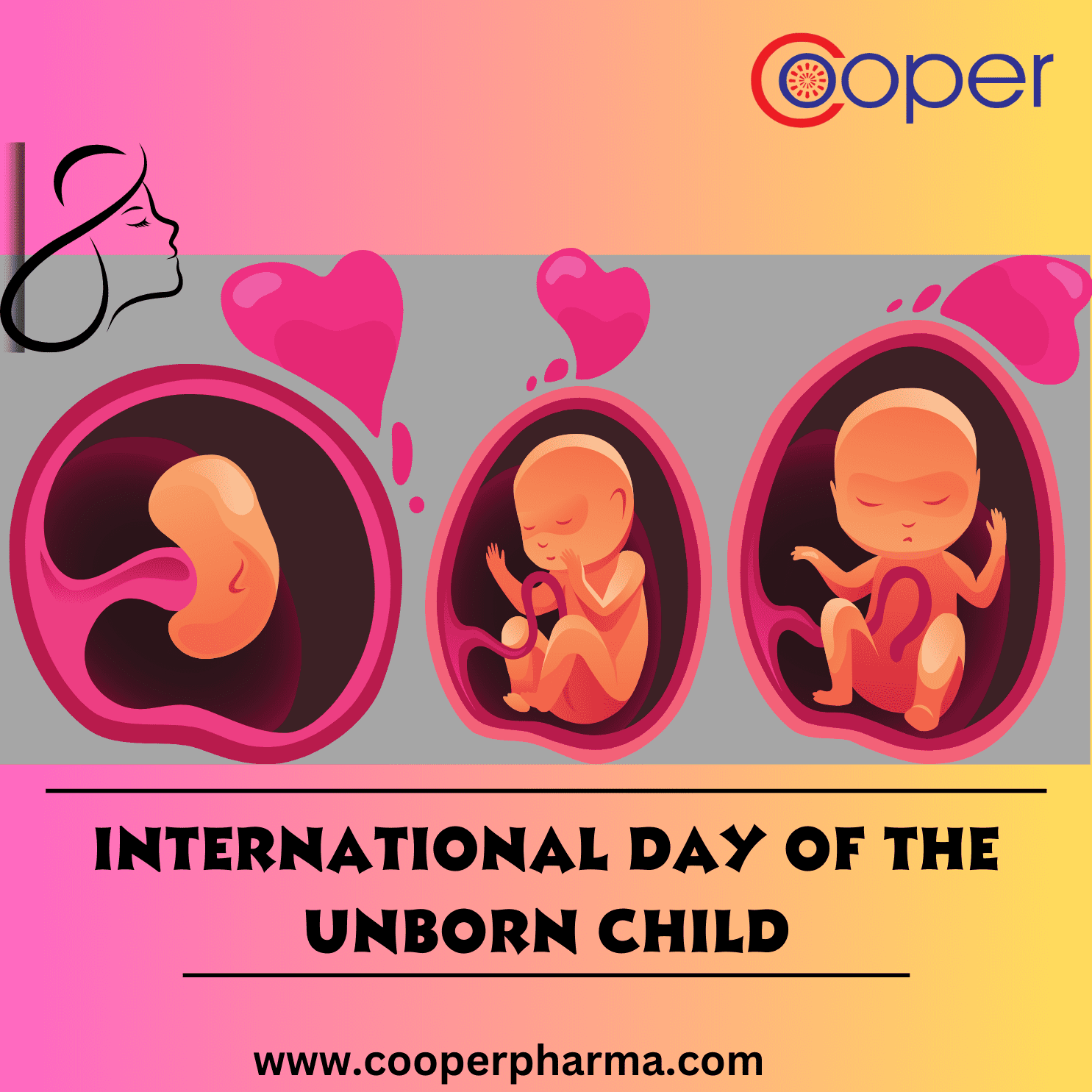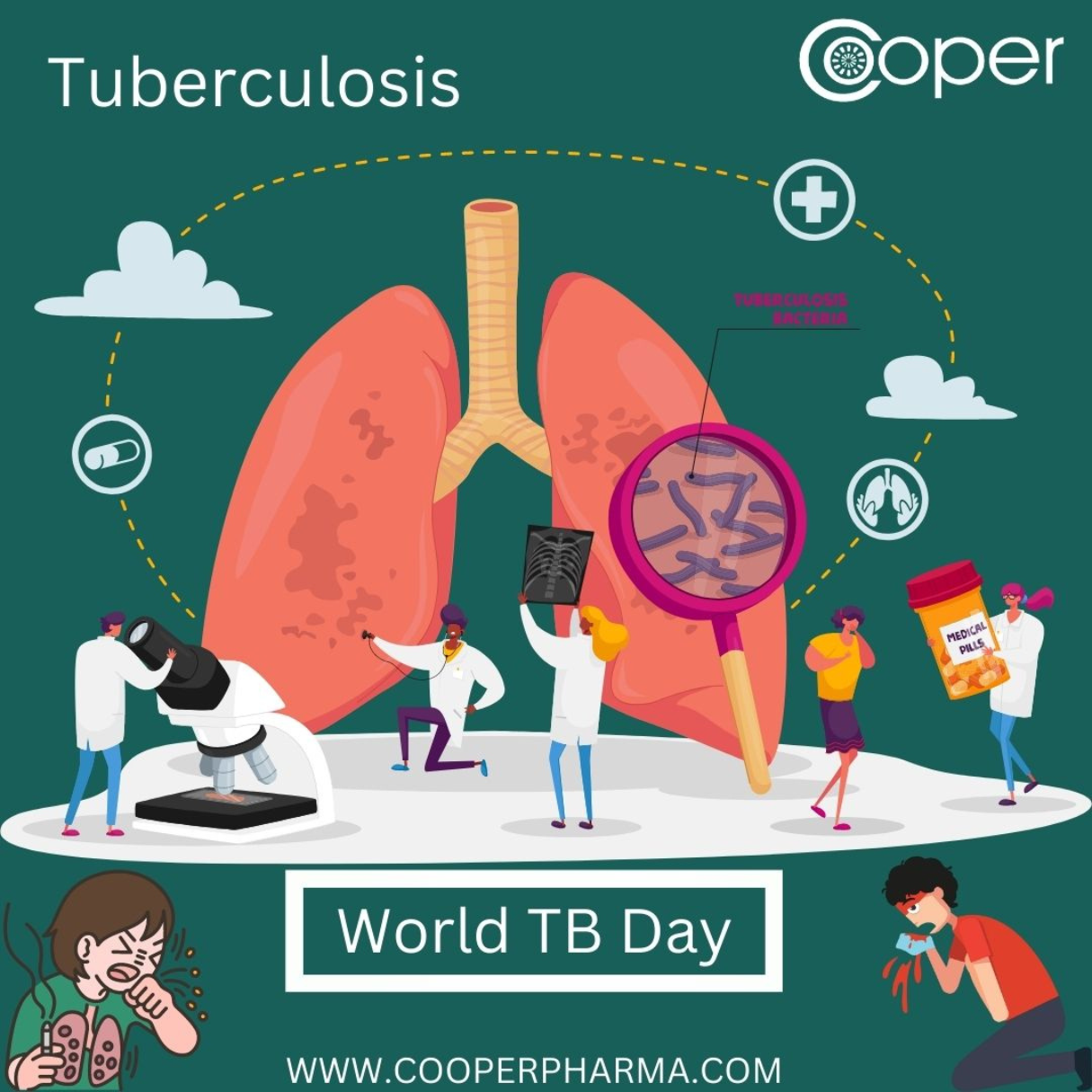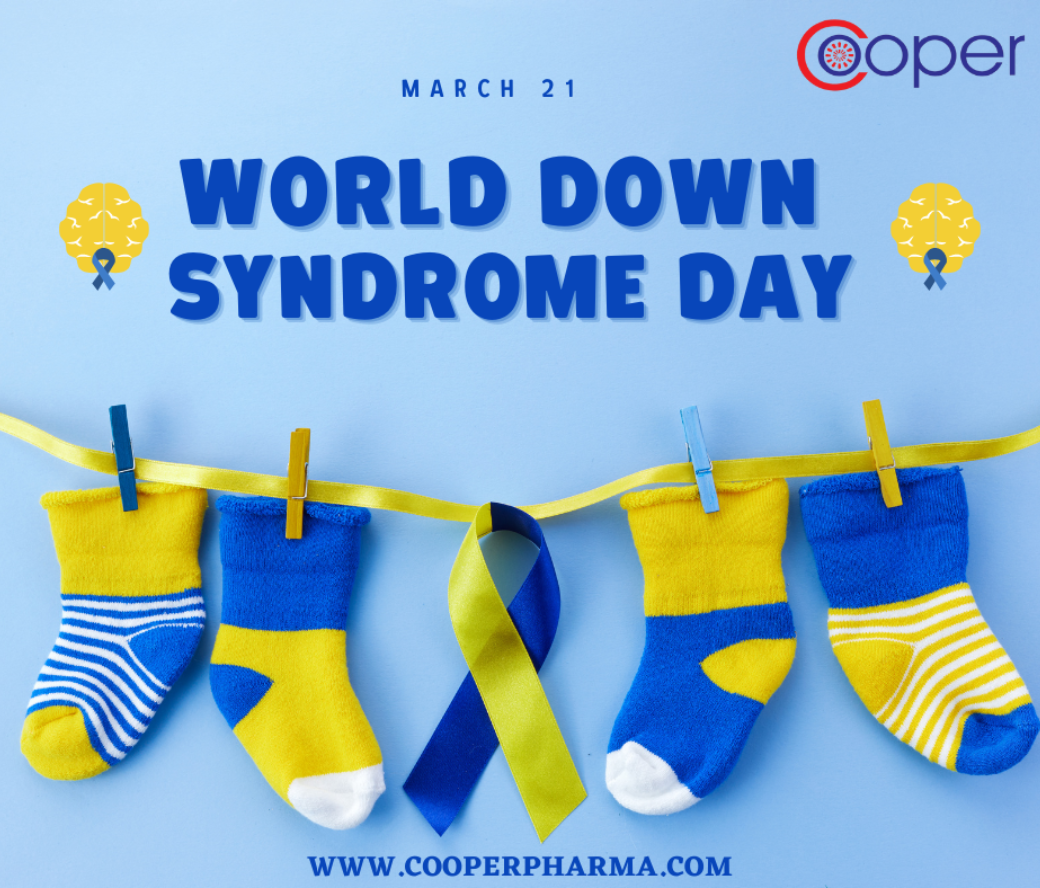Why Women Need Testosterone
Recent Blog
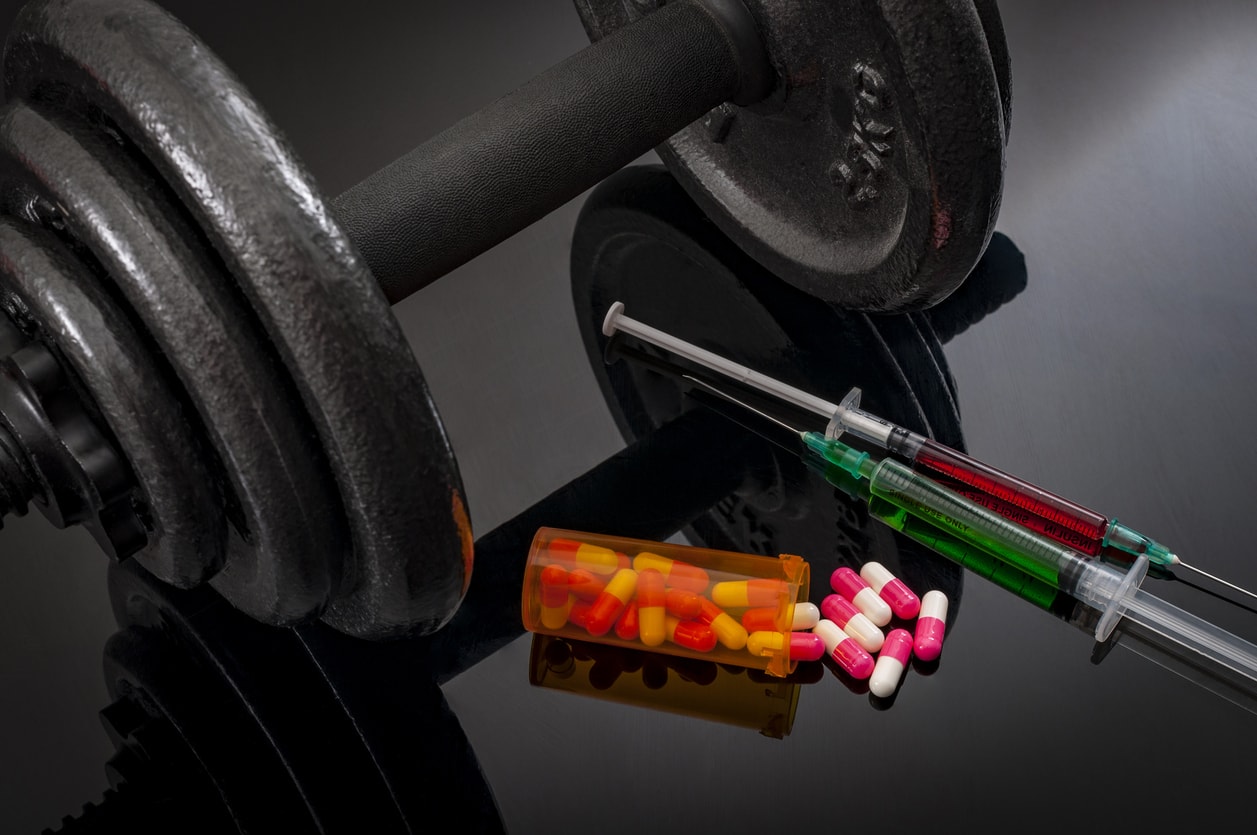
Why Women Need Testosterone
Date:- 2018-08-18 00:00:00
Testosterone is the key male sex hormone that plays a role in sperm production, fat distribution, red blood cell production, muscle mass and strength. It’s associated with overall health and well-being in men. However, women produce testosterone as well. People don’t realize the fact that it is also important for women. Women need testosterone i.e. ideal to tone their bodies and many of significant effects. But researchers revealed more beneficial for men. Testosterone production in women is often age-dependent. Studies revealed that a normal level of testosterone in women confers anti-ageing effects, maintaining sexual desire and arousal, enhanced muscle mass, improve mood, unable to cause sexual libido and dysfunction and restoring many other health benefits.
Testosterone production is substantially lower in women than it is in men. After puberty, a woman begins to produce an adult level of testosterone. The production is split between the ovaries and the adrenal glands. Women produce just a fraction of the amount of testosterone each day that men do. There’s still a lot that doctors are researching about low testosterone in women and treatments for low testosterone. However, new treatments are being studied that may provide help to women affected by low testosterone levels. If a woman’s plasma total testosterone level is less than 25 ng/dL in women under 50 years old, this is low. Testosterone levels lower than 20 ng/dL in women aged 50 and older are considered low. Doctors may have difficulty in detecting low testosterone levels in women because their hormone levels constantly fluctuate on a daily basis. If a woman still has her period, she should ideally take the blood testosterone test about 8 to 20 days after her menstrual period starts. Because the ovaries are a major producer of testosterone, the decrease in hormones produced by the ovaries associated with menopause means that some pre- and post-menopausal women may experience low testosterone levels. Traditionally, decreases in libido have been attributed to post-menopausal drops in estrogen. Testosterone receptors are present all over the body including arteries, brain and reproductive organs. As mentioned above, it plays role in the different bodily process. Testosterone studies spread its importance in maintaining a woman’s general well being and sexual functioning was published in 2000 in New England Journal of Medicine.
Testosterone is a hormone for every human, and it’s necessary for every woman to feel whole and happy.
Testosterone is responsible for sexual desire and responds to orgasm and excitement during the sex. If its normal concentrations get down from the actual level of testosterone, it may result in libido and low mood for sexual desire and response. Therefore, sexual desire and response are closely linked to reproduction and survival of the species.
Low testosterone levels may lead to the critical health of the body such as cognition and cardiovascular health. Cardiovascular disease is the leading cause of death in postmenopausal women. Women who have hysterectomies are three times more likely to develop cardiovascular disease compared to women who have not had one. In women as well as in men, testosterone helps cognitive function and protects us against depression. But the low level of testosterone results in continuing feeling of anxiety and sadness that can become the depression. Fatigue may also become an issue when women often feel a loss of excitement and zeal for life.
Testosterone is well-known that testosterone helps in building muscle. This helps to build muscle mass without the fear of bulking up. Adequate levels of testosterone play an important role in helping women maintain a healthy body composition. This may also lead to maintain fitness and strength and have fewer chances to begin body fat. Studies have shown that obese women given low doses of synthetic analogues of testosterone lost more body fat and subcutaneous abdominal fat and gained more muscle mass.
This becomes very important for ageing women because they have less muscle and bone to begin with. As people grow older, they naturally lose muscle mass, bone mass, flexibility, and mobility—all of which are critical for longevity and a happy life. Retaining what testosterone you have is therefore crucially important to maintaining that muscle and bone mass. Unfortunately, a lot of even young women lower their testosterone by taking endocrine-disrupting pseudo-hormones like birth control pills, which lower their sex hormone binding globulin (SHBG), which carries sex hormones through the blood. Birth control is convenient and has its benefits, but many young women don’t realize they are also lowering their muscle and bone mass by taking it.
After menopause, testosterone production drops significantly. But, not as sharply as estrogen levels. For women who have had their ovaries removed, testosterone production drops by roughly 50 percent, sometimes resulting in less than normal testosterone blood levels. Generally, the women who have lower levels of testosterone are those who go to their doctor with concerns such as, "ever ovaries removed; do not feel like the same person and not as strong and as much energy as well. Low testosterone levels in postmenopausal women can diminish motivation, induce fatigue, and contribute to low libido. Even women in their twenties who are taking oral contraceptives are known to lower testosterone levels. While studies show that testosterone supplementation in postmenopausal women who have not undergone hysterectomies and/or oophorectomies can significantly improve sexual drive, arousal, and frequency of sexual fantasies.

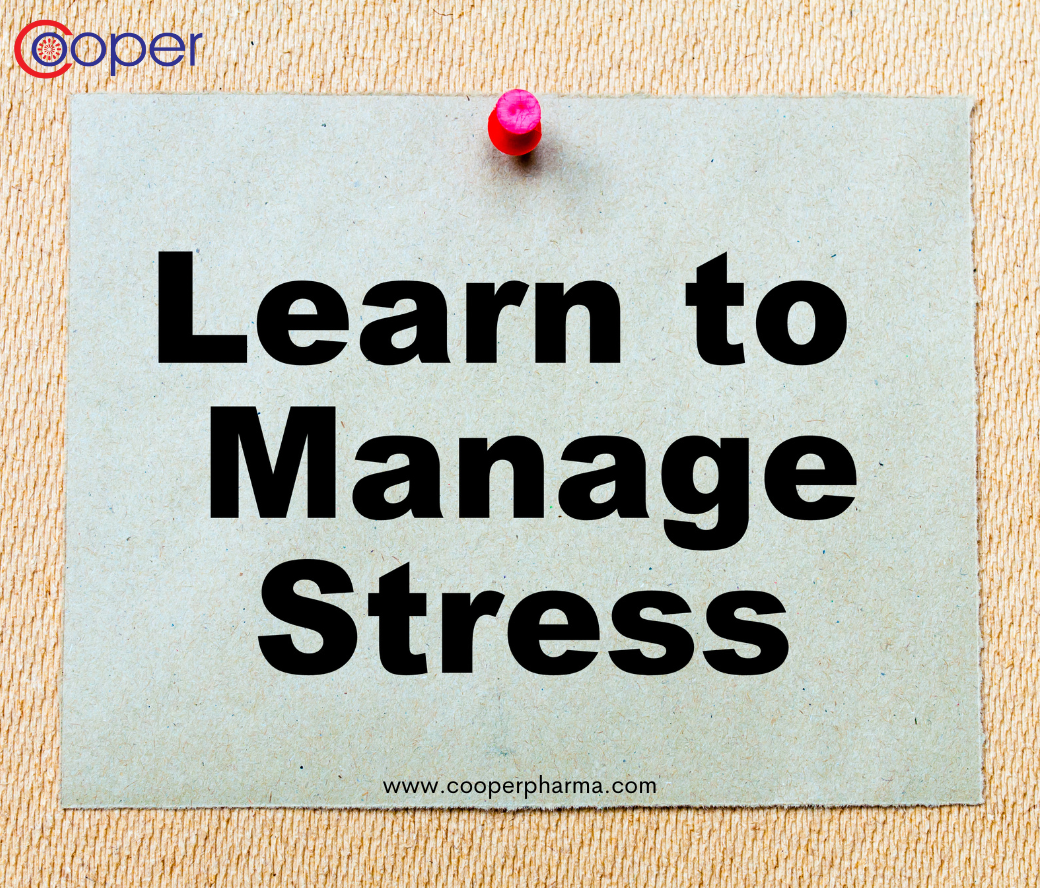
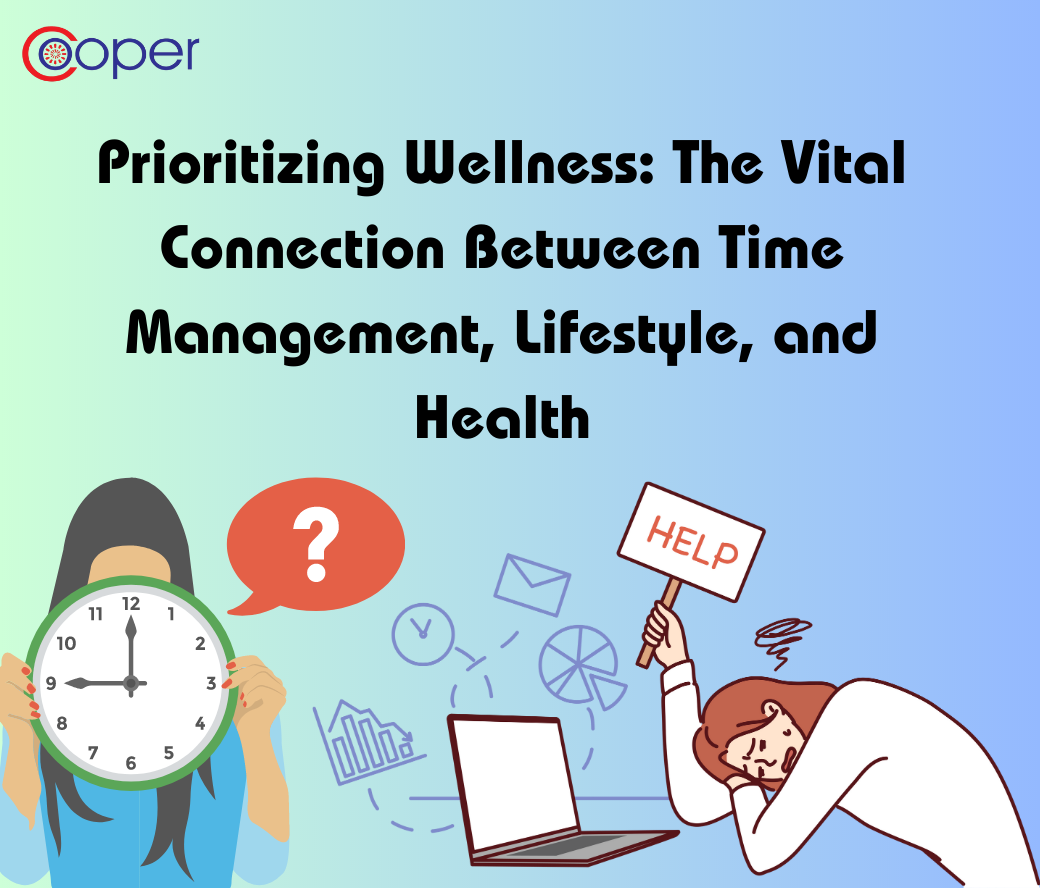
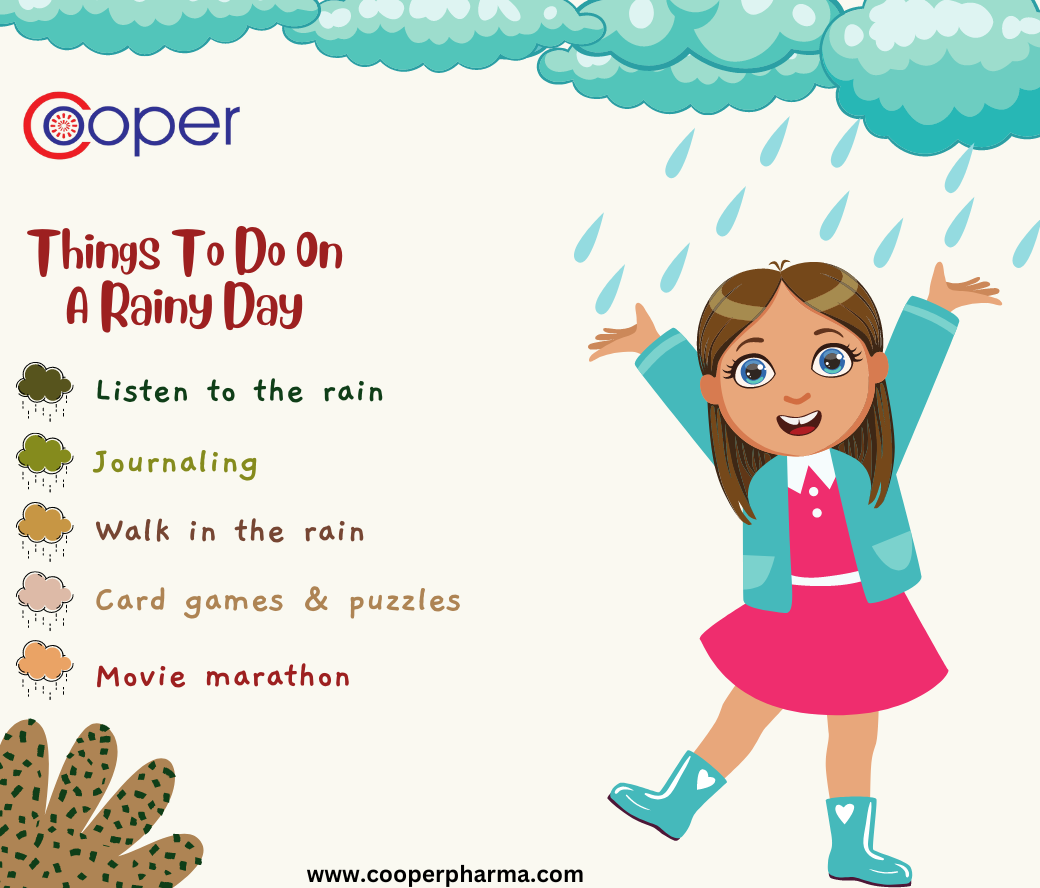
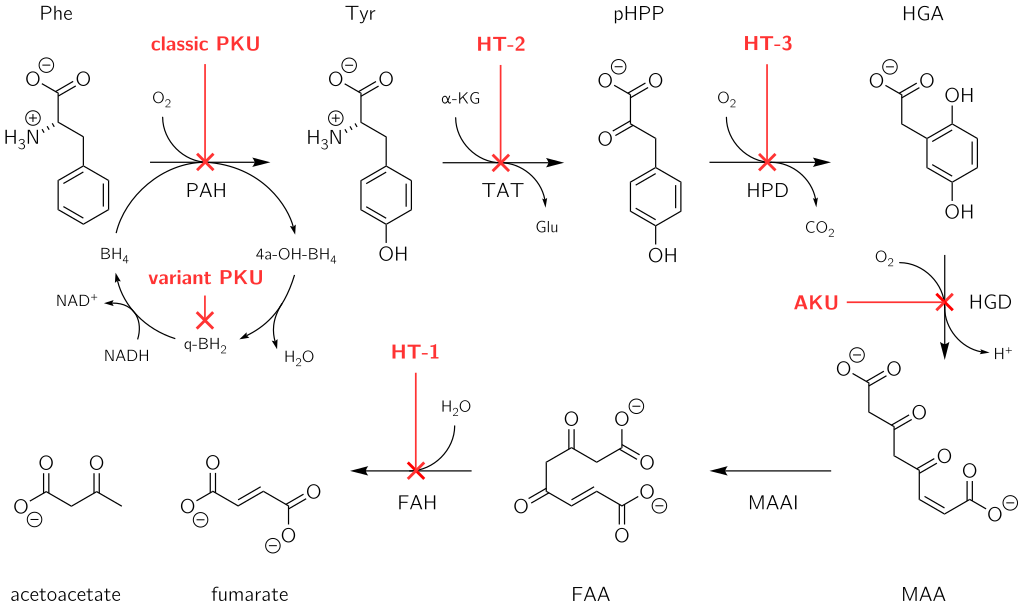

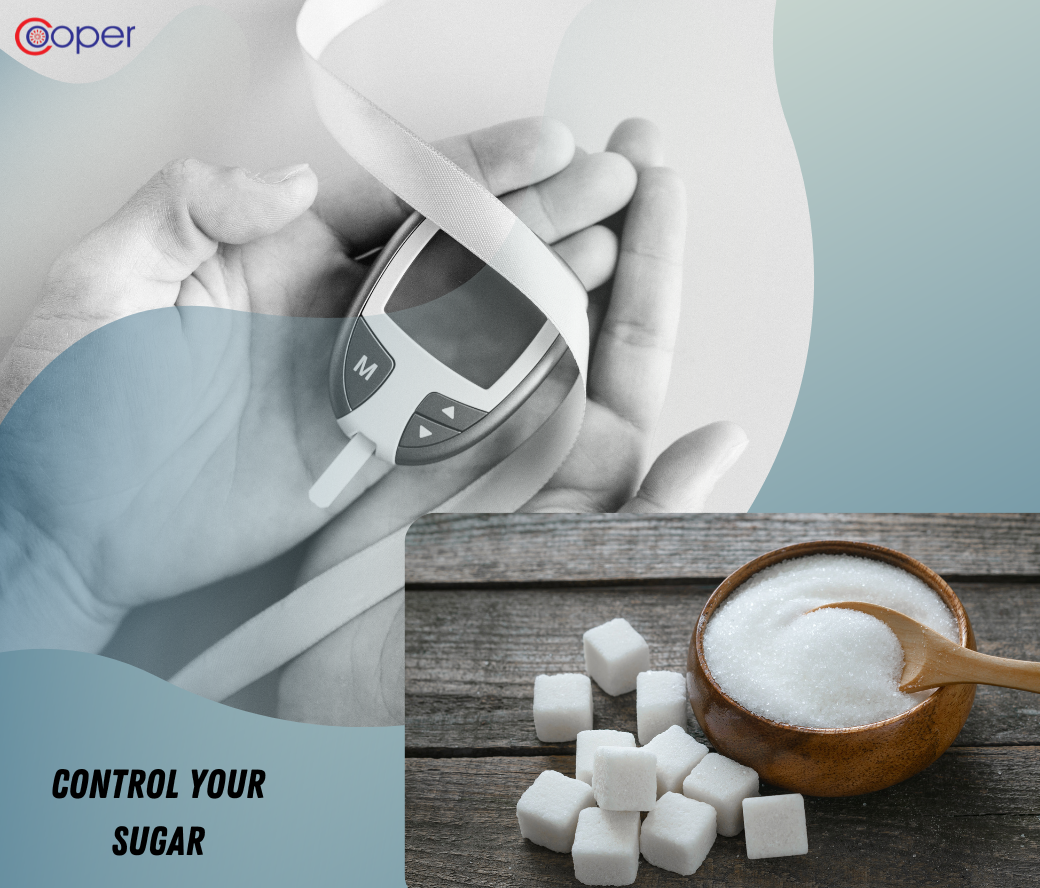


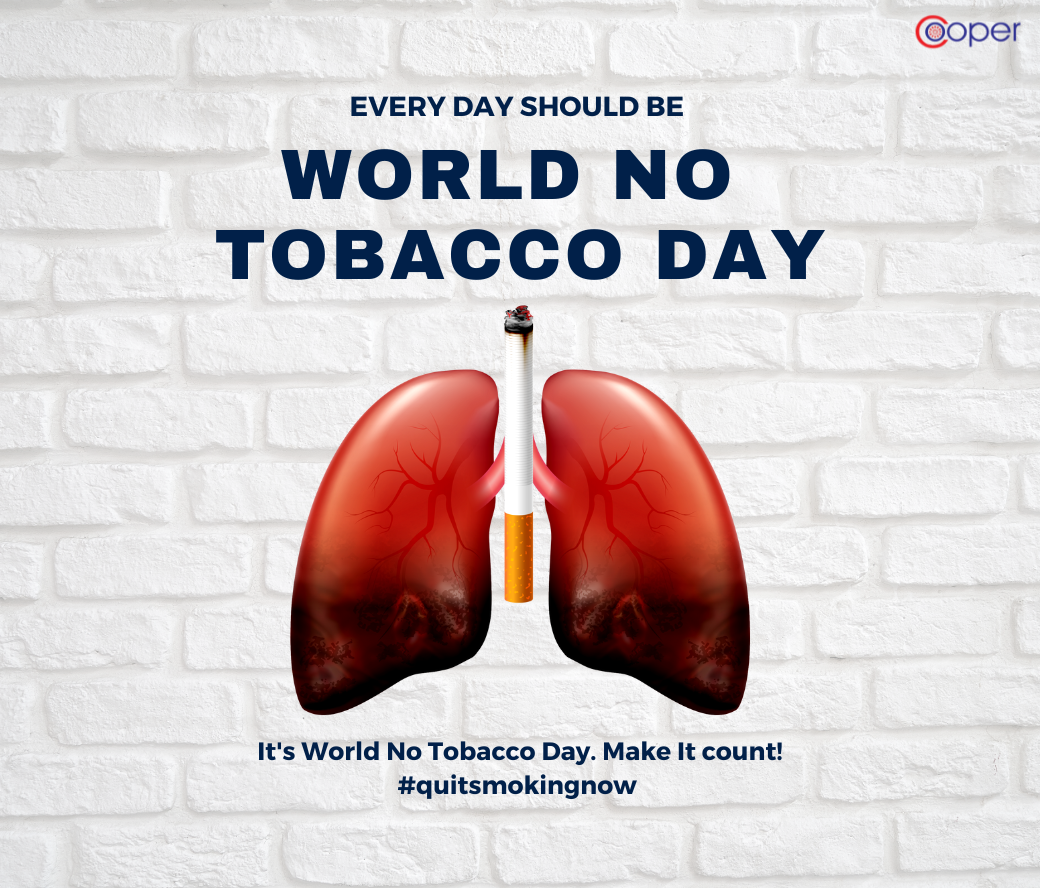

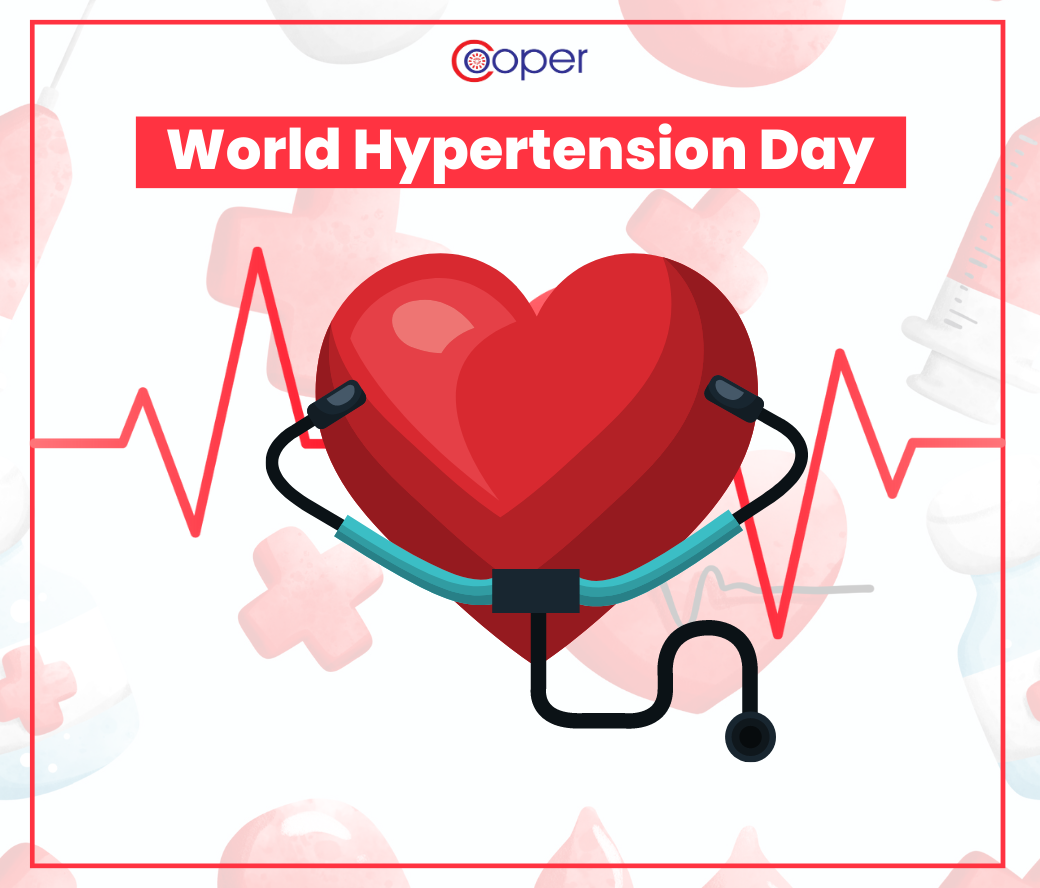
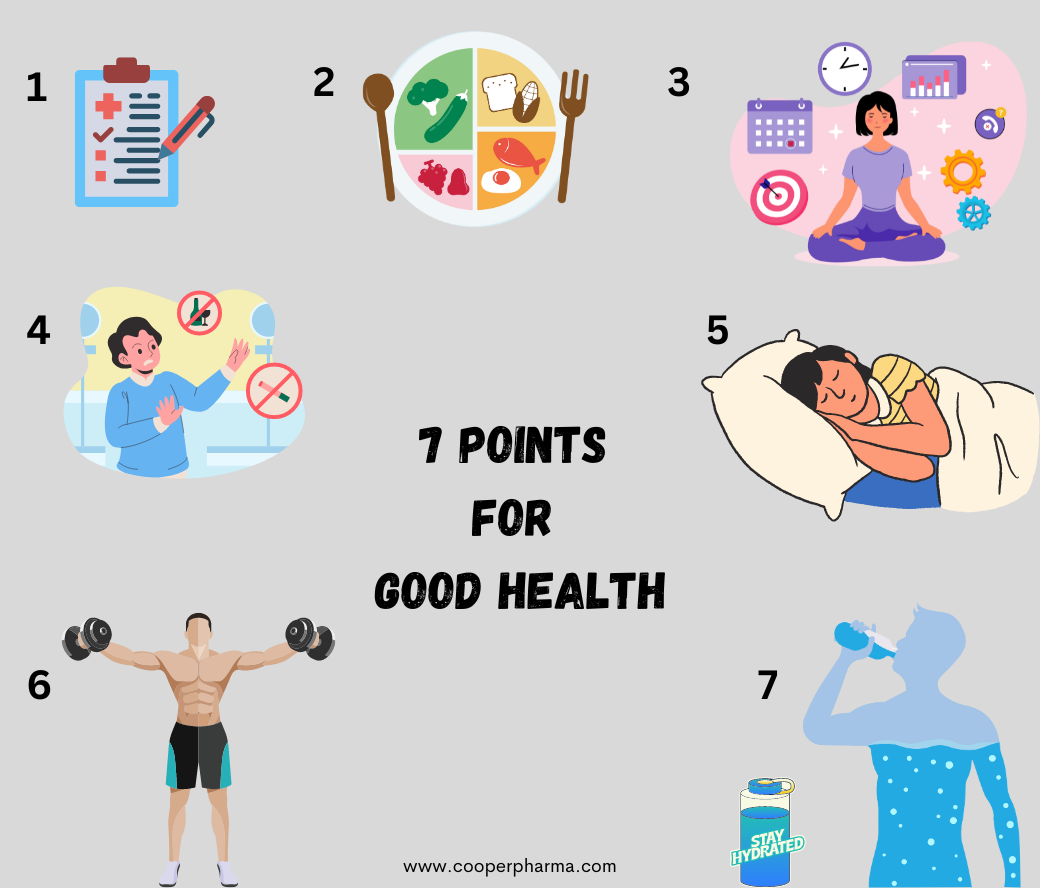

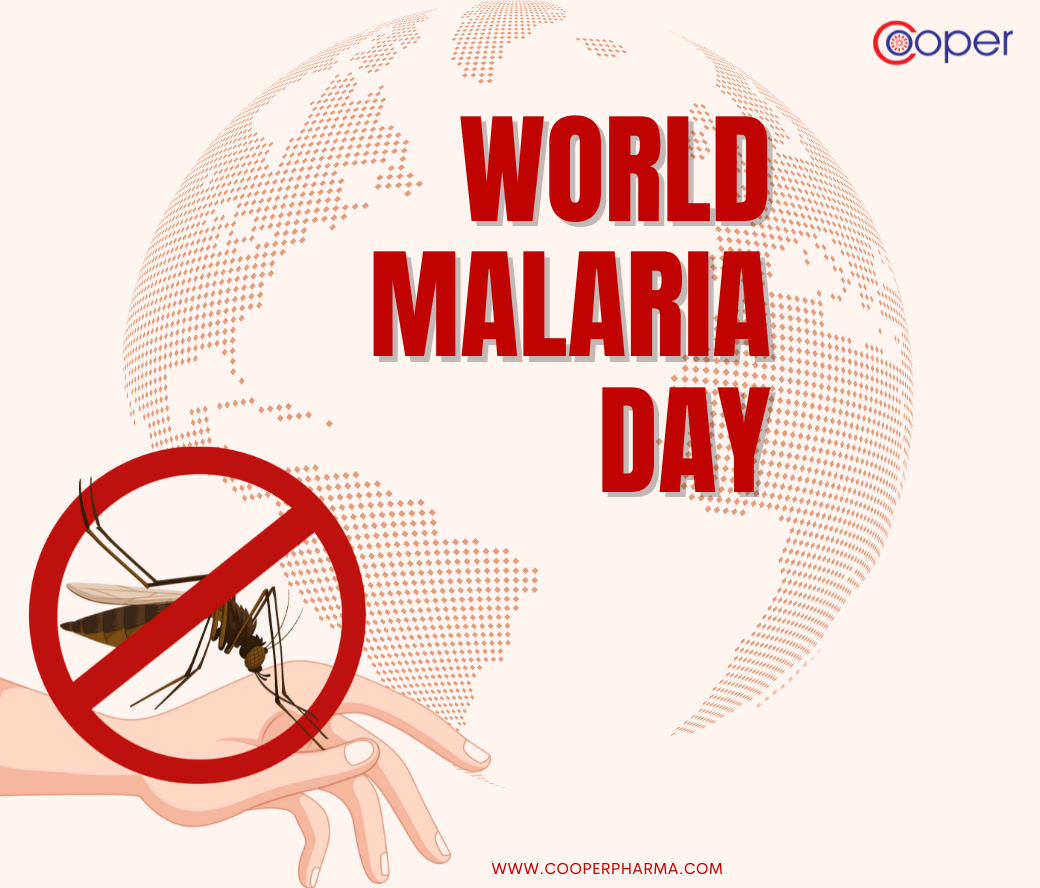

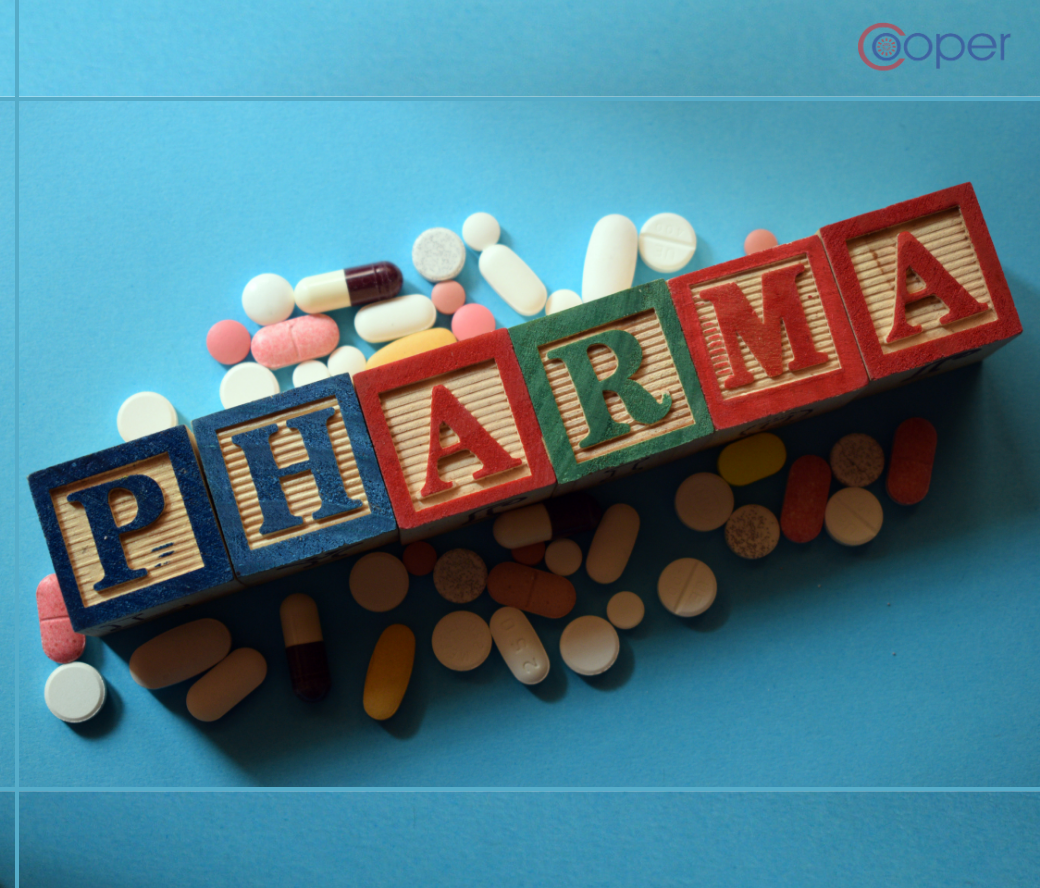

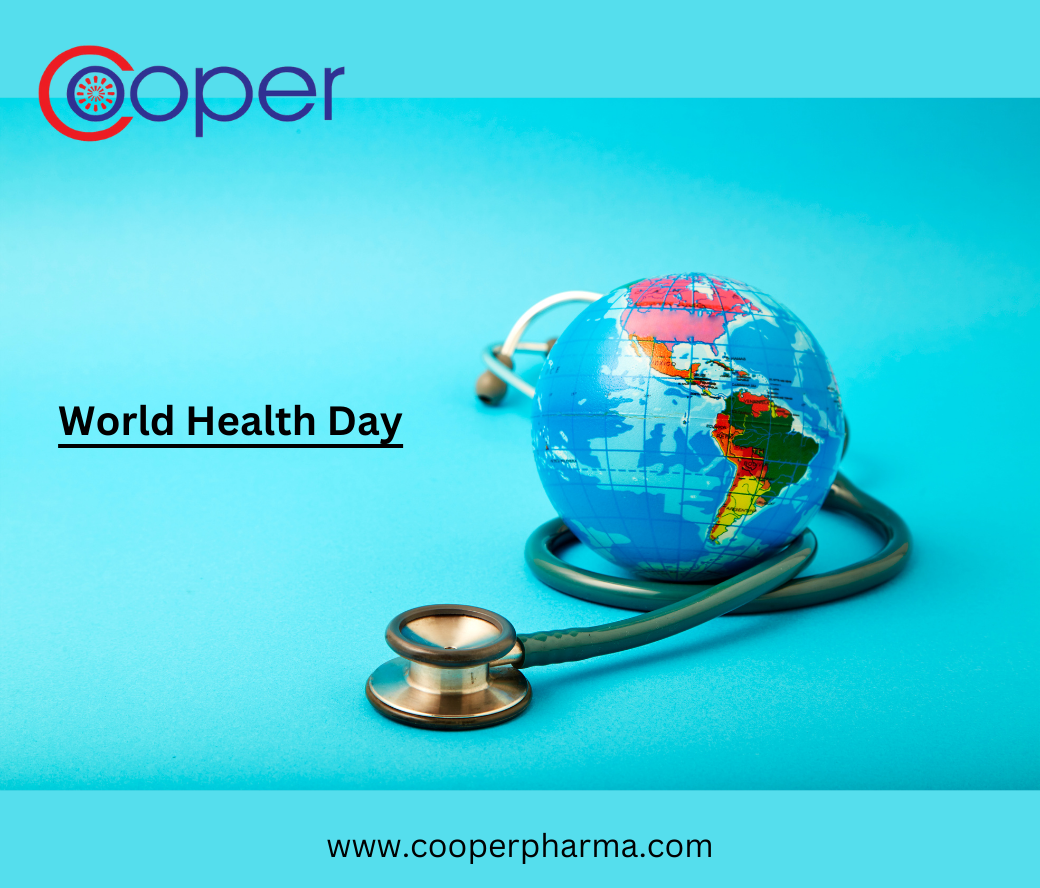
.png)
